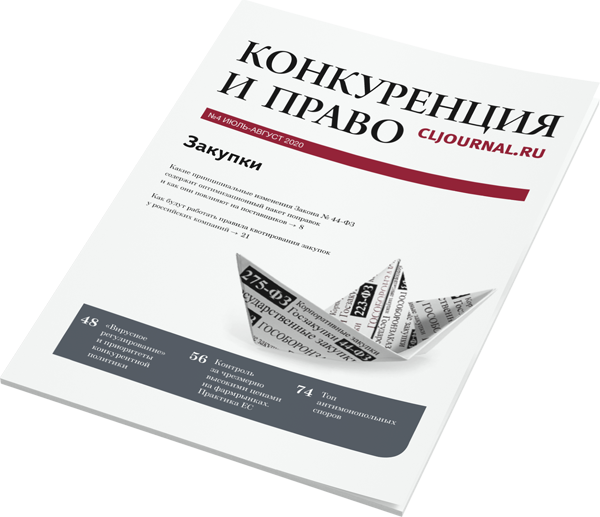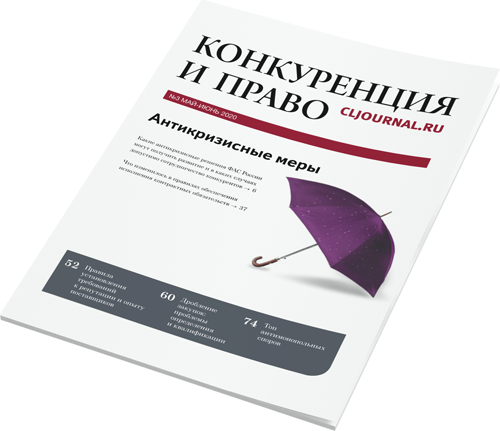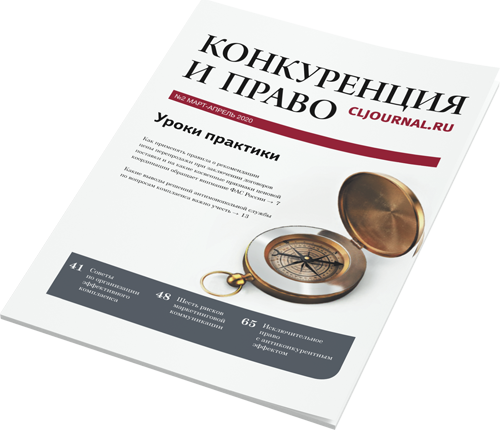|
||||||
 To avoid potential abuse on the part of foreign investors, Federal Law No. 57-FZ dated 29 April 2008 “On the procedure for making foreign investments in business entities of strategic importance for ensuring national defence and state security” has been amended (“Law No. 57-FZ”). At present, The President of the Russian Federation signed Federal law No. 255-FZ dated 31 July 2020 “On amendments to the Federal Law ‘On the procedure for making foreign investments in business entities of strategic importance for ensuring national defence and state safety’” (the “Law”) aimed at toughening state control over foreign investments in order to exclude the possibility of circumventing the Law by foreign investors when they enter into agreements to temporary transfer a foreign investor’s right to, directly or indirectly, dispose of voting shares of a strategic company. The Law has been developed to fulfil the instructions of the Governmental Commission for Overseeing the Making of Foreign Investments in Russia. It does not introduce any new rules for the application of corporate legislation in general, but specifies the grounds for preliminary approval of transactions and other actions of the Governmental Commission which will be used solely for the purpose of Law No. 57-FZ. With extended number of methods for consummating transactions, additional obligations are imposed on companies to bring their operations in line with legislation. Before the amendments at hand were adopted, the legislation concerning foreign investments determined the acceptable shareholding of foreign investors in strategic companies not by the actual ownership of shares, but by the right to dispose of the votes attached to such shares. In practice, foreign investors started to conclude agreements for the temporary transfer to other companies of the right to directly or indirectly dispose of voting shares, and by doing so they reduced the number of votes to be able to acquire additional portion of shares in future. The following legal categories have been changed:
The changes concern the inclusion of most frequently used obligatory structures in the above legal provisions to determine control of a foreign investor when rights are exercised subsequently, namely:
The above list is not an exhaustive list, yet it clarifies the range of transactions subject to preliminary approval of the Governmental Commission thereby making the legal regulation of foreign investments in Russia more clear and transparent for the foreign players on the market. By concluding such agreements a foreign investor could have virtually accumulated a controlling stake in his hands since he would remain owner of such shares (membership interest), and when such agreements expired the foreign investor would again have the right to independently dispose of such votes. Under such circumstances, a foreign investor could actually hold a major stake in the strategic company and it would require no preliminary approval which definitely would pose a threat to the economic security of the country. Now, the whole volume of rights attaching to the shares (membership interest) that belong to a foreign investor as an owner in the strategic company will be taken into account to calculate the stake of the foreign investor in the strategic company. With such requirements being introduced, control will be toughened over foreign investors by extending a range of transactions that are subject to preliminary approval by the Governmental Commission.
What to think about and what to do1. Follow up on the measures being taken by the Government and the changing regulations to remain good faith participants of the market. 2. Take into account amendments to legislation regarding foreign investments in strategic companies, including the grounds for and procedure of preliminary approval of foreign investors’ transactions by the Governmental Commission. 3. Pay special attention to how corporate relationships are established with foreign investors when transactions are carried out. 4. Explore the possibility of taking other measures aimed at reducing risks of antitrust violations and of a threat to the defence and security of the state. 31 июля 2020 г.
|
|




















